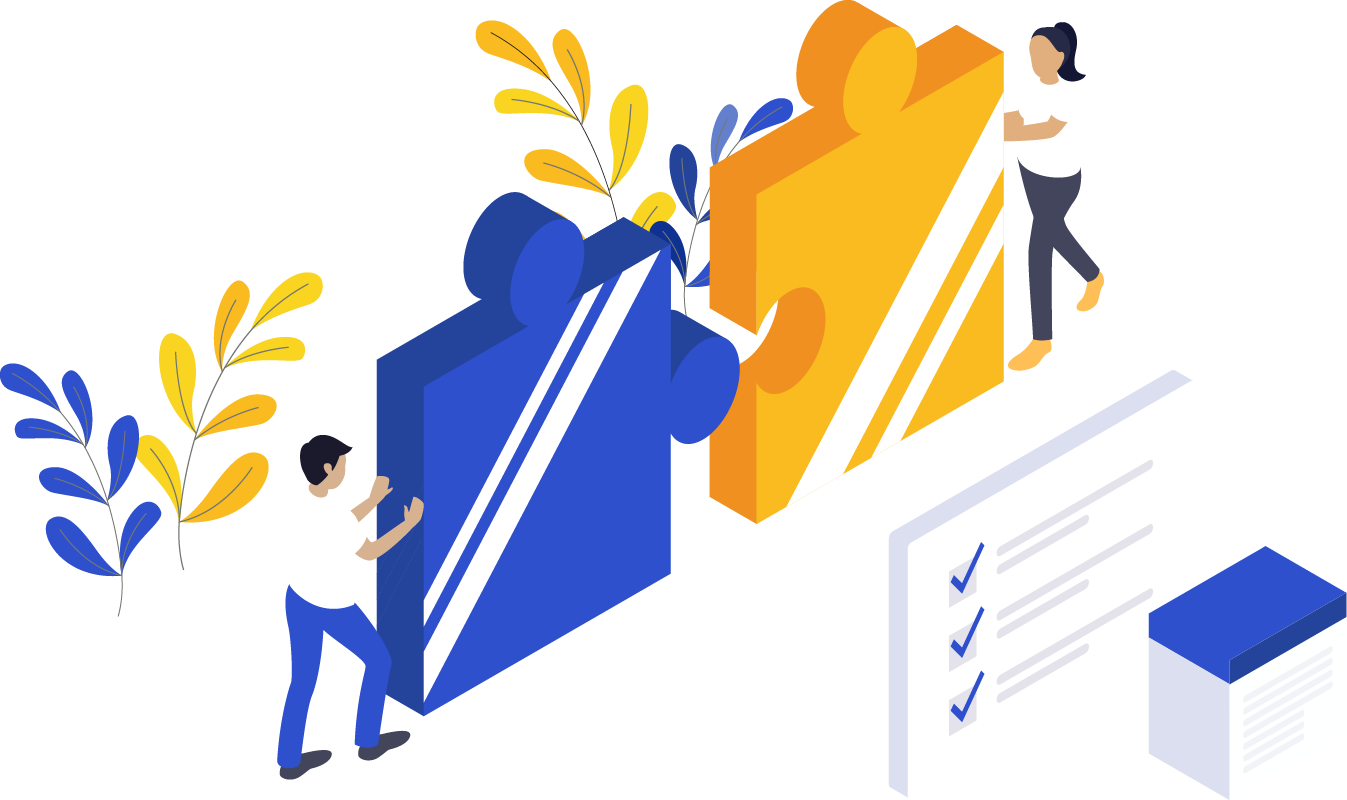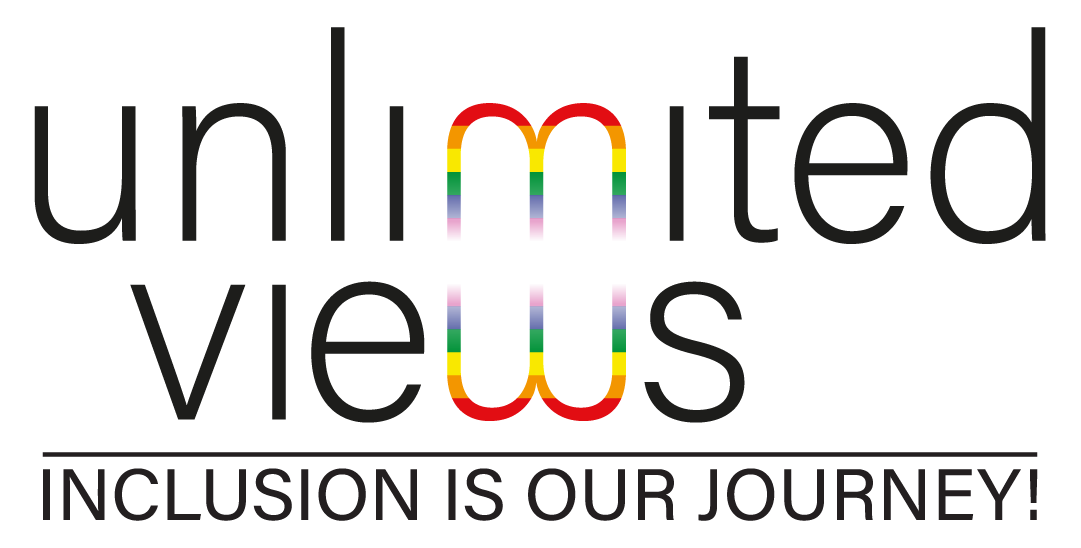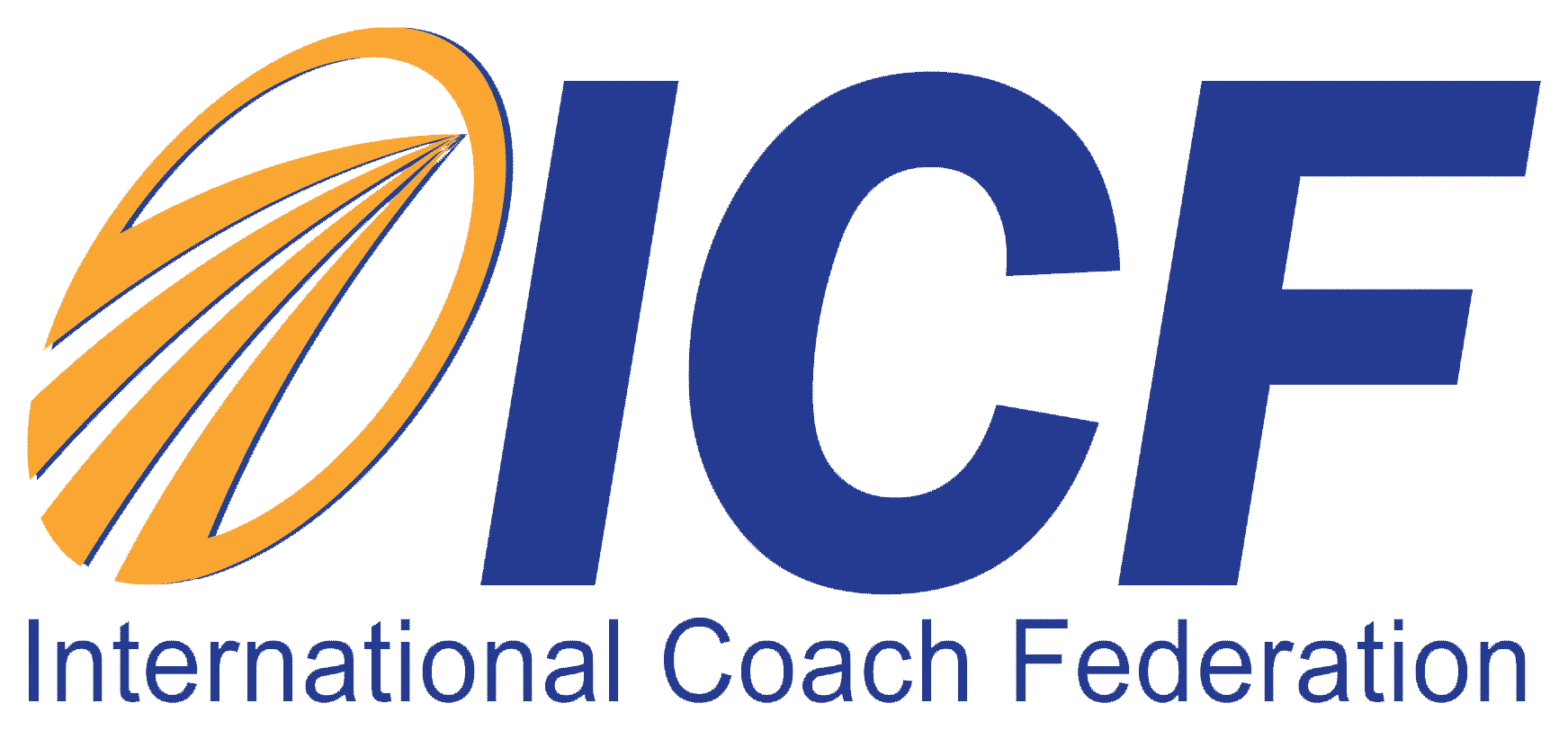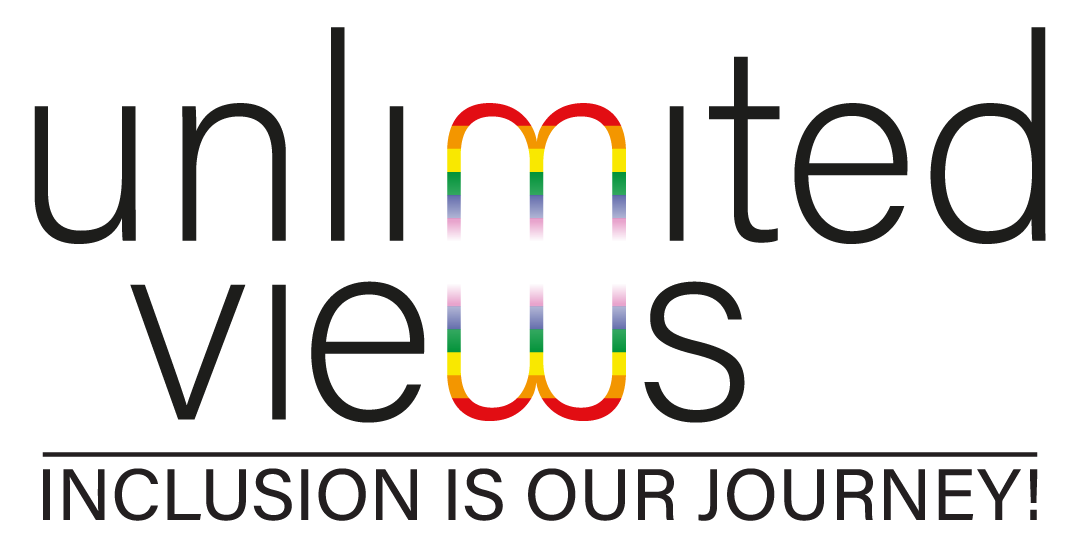
What is Coaching?
When faced with change we often stop, feeling a sense of dissatisfaction towards what we would have hoped to be simpler. Here coaching comes to the rescue helping see clarity in a situation and envision a pathway onwards to future goals. Coaching helps build a plan of action, drawing upon previous experiences, and discovering new skills. Coaching is a relationship, carefully constructed between a professional (the coach) and the coachee (partner), which allows one’s full potential to be found and achieve aspirations quicker and more effectively.
To become a Coach, I was once a Coachee
Objectives: action, not theory
Coaching is designed to help you
Coaching is based around action rather than theory. The aim is to define an action plan and then monitor progress to achieve your goals. In doing so you become innately aware of what you are now and what you want to become. This is important and in facts it’s the first principle that coaching works on. Whether you are looking to work on your performance in a company, on an entrepreneurial start-up or business, or on personal objectives. With a coaching plan, you will define the strategies required to progress, identify which resources are already available to employ and which new skills will be useful for you to develop further.
The Coach and the Coachee
As a coach, I take care to help you overcome the complexities of a situation and support you, as the coachee, on a path towards achieving the goals you have set for yourself. Coaching, therefore, is a mutual partnership between the coach and coachee:
Listed in a coaching contract are the main features of the plan such as:
- the goal that the client wants to achieve
- the method of delivery
- the number of sessions
- any financial agreements
Mentoring looks at the personality of the mentee as a whole and covers many aspects of life. Professionally, it is a discipline that focuses on competence regarding professional and managerial skills. For this reason, the mentor is often a more experienced figure, employed in the same company as the mentee. The mentor acts as a guide and point of reference, developing an on-going, long-lasting relationship.
Counseling focuses more on improving a person’s well-being, by supporting them to contend with problems, relationships, or moments of crisis, both personal and professional. The counselor looks to find solutions to specific non-psychopathological problems. Generally, it is a more pre-determined, short-term program, however, an end-point is not always determined at the beginning.
Coaching has a clear focus on your future, on what you want to become, and on what you want to achieve. Often coaching will not look to investigate the past and the coach does not look to give definitive answers or advice. Instead, through targeted questions, coaching allows you to evaluate alternative points of view and receive feedback in order to help you to discover and develop the capability, within yourself, to achieve the goals you have set. The duration of the plan is flexible, often being long-term to allow for goals to develop, but depending on the objectives and individual requirements of the coachee.
The pathway
The development process, through a course of sessions, encompasses:
-
a minimum of 8 sessions
-
a duration generally lasting 60-90 minutes
-
2-3 weeks apart from each other
The first session looks to define the purpose of your journey, which over time may be redefined. In each session, it is clarified what you would like to achieve and, at the end of the session, you will gain the awareness and knowledge necessary to allow you to develop concrete action plans to be carried out autonomously between one session and the next.
Are you a leader
in a company?
Executive
Coaching
Do you own
a business?
Start-up
Coaching
Do you want to reach
personal goals and milestones?




